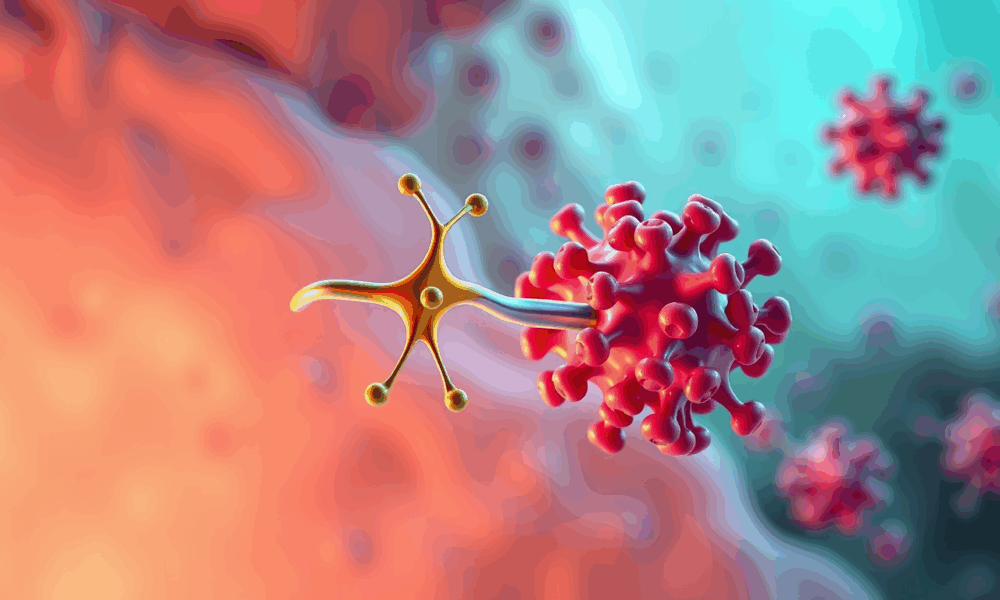
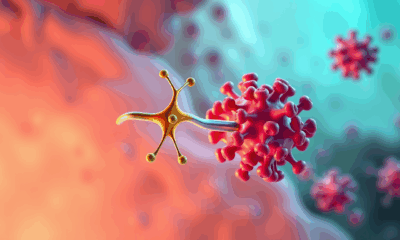

Scientists have discovered how chemokines and G protein-coupled receptors selectively bind each other to control how cells move.
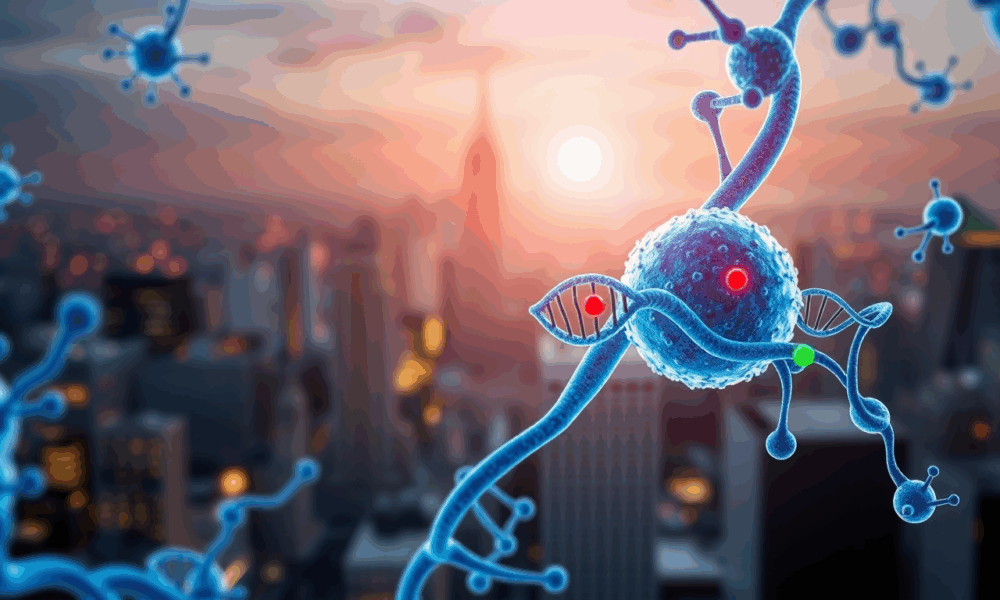
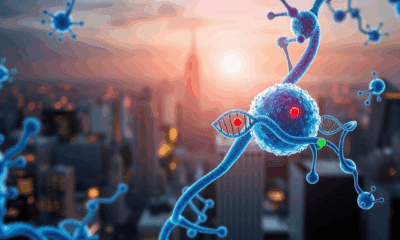

Genome editing has advanced at a rapid pace with promising results for treating genetic conditions -- but there is always room for improvement. A new paper...
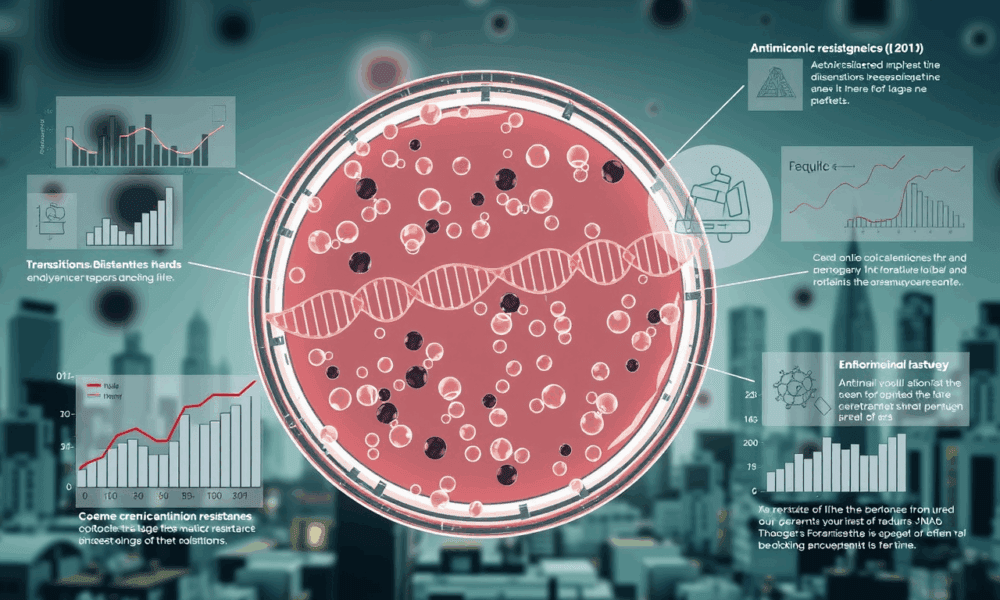
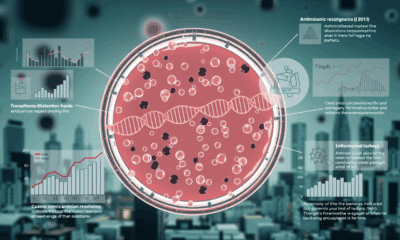

A research team has developed a computational tool, Argo, designed to accurately track ARGs in environmental samples, providing insights into their dissemination and associated risks.
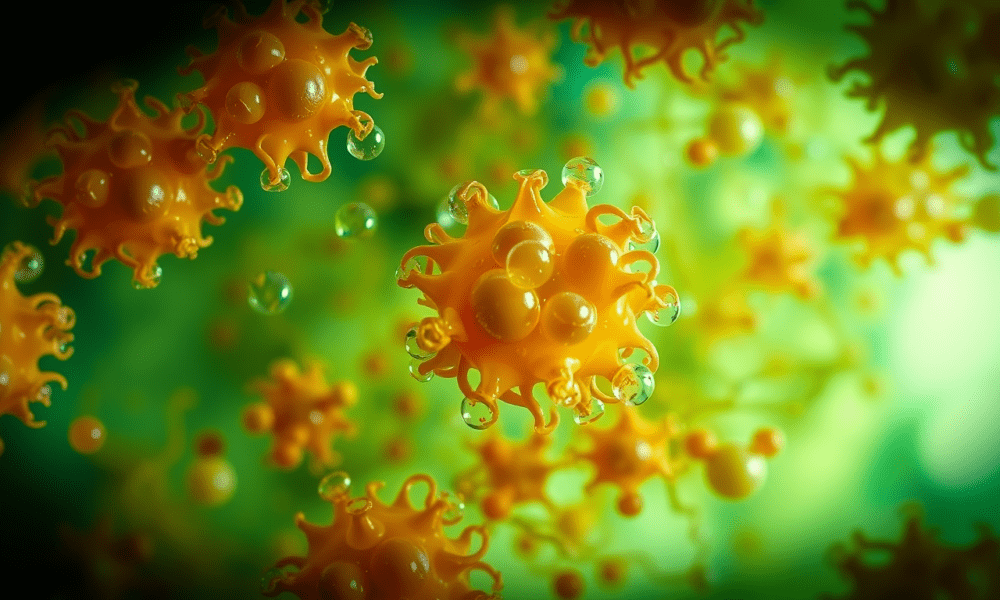
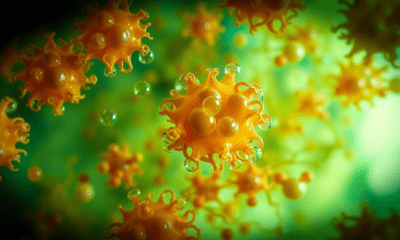

Every year, thousands of tons of brown algae are extracted from the seabed to obtain compounds such as alginates, a polymer composed of sugars that has...
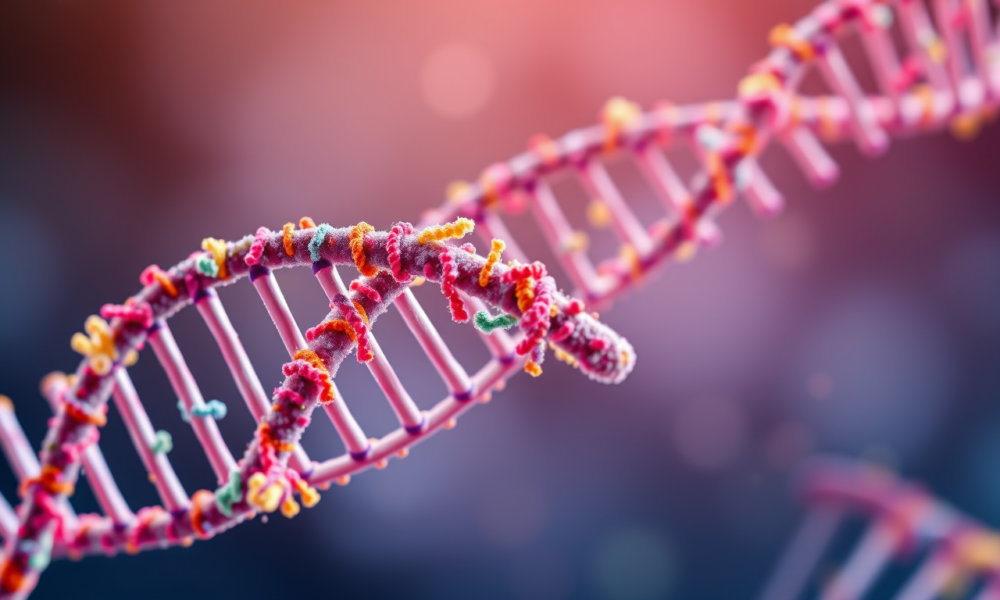
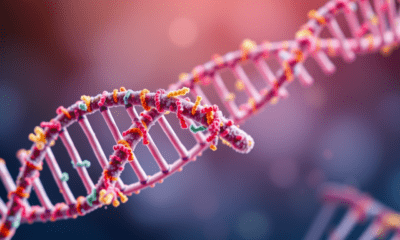

Research into transcription factors deepen understanding of the 'language' of the genome, offering insights into human development.



This handheld device is the first that can detect tuberculosis in saliva, in addition to blood and sputum samples, an important breakthrough for testing children and...



A new genomic study has uncovered long-lost genetic diversity in mammoth lineages spanning over a million years, providing new insights into the evolutionary history of these...
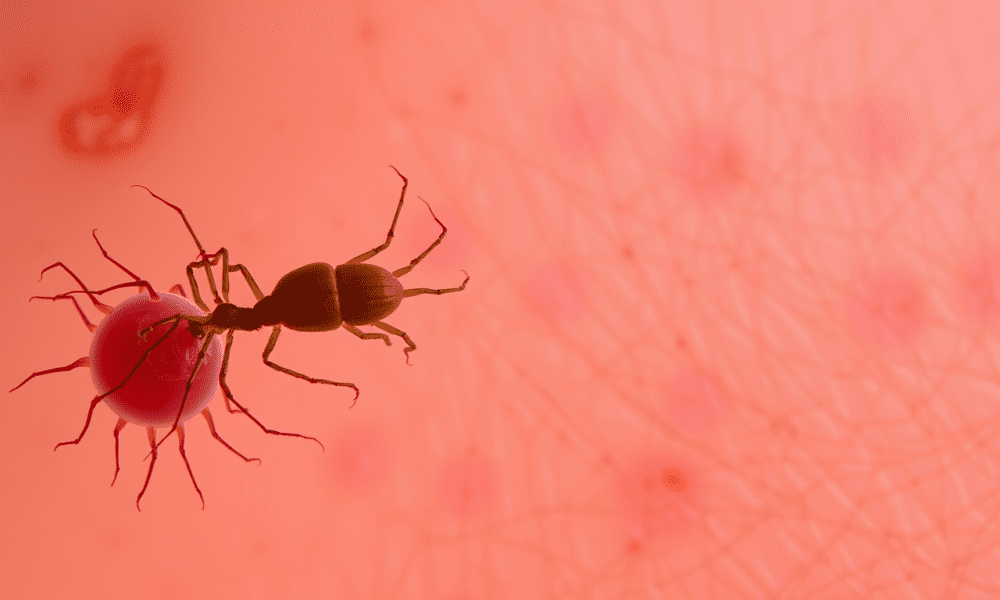
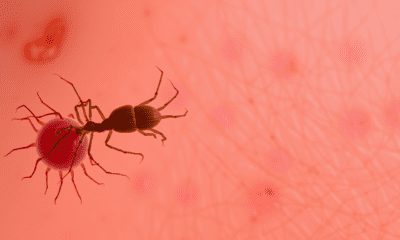

Findings from a new study could help doctors select more effective treatments earlier for patients suffering from leishmaniasis, a disfiguring skin infection.
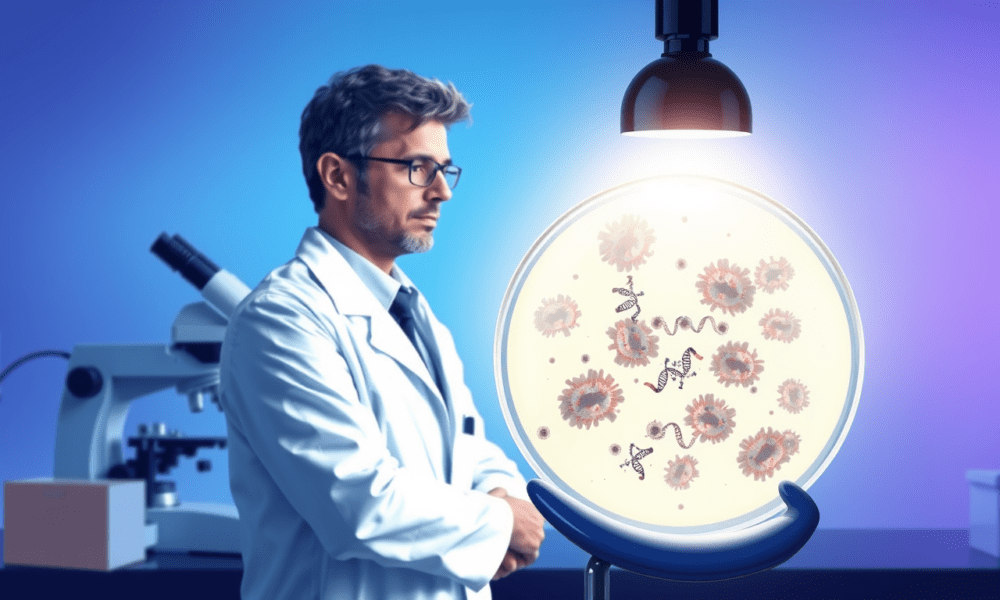
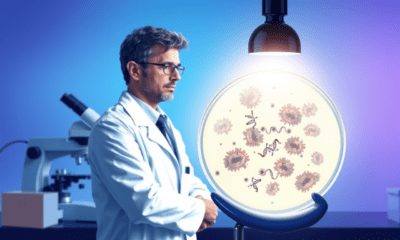

Researchers have unveiled innovative, label-free ratiometric fluorosensor designed for the selective and sensitive detection of enteroviral RNA. The research promises to deliver even more advanced and...



A hidden threat facing one of Australia's most iconic birds has been uncovered in a new study. The critically endangered regent honeyeater once numbered in the...